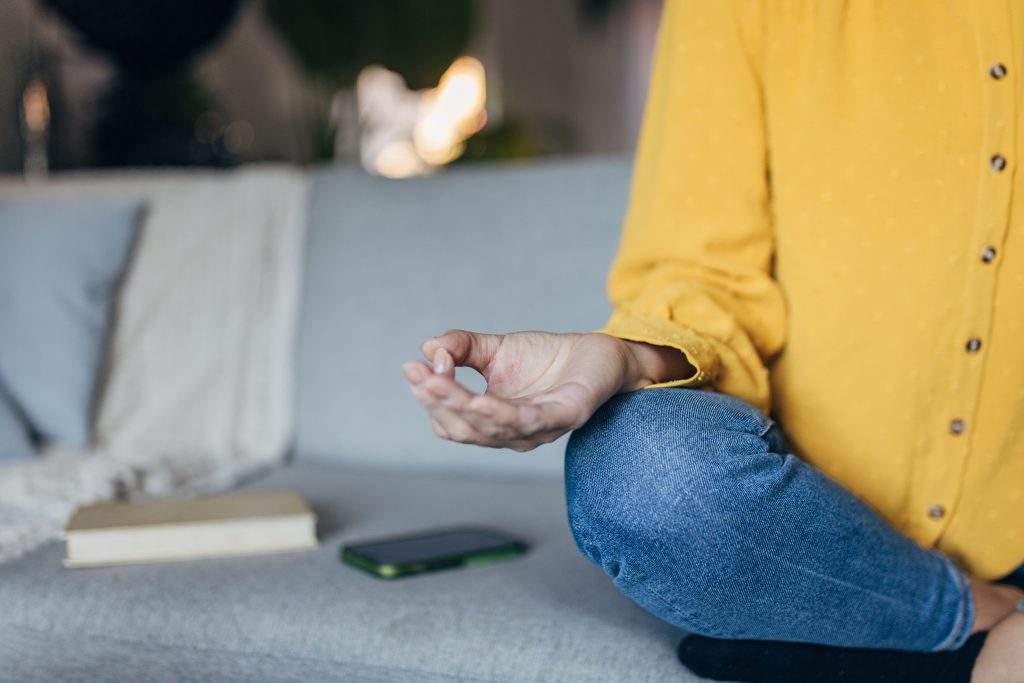Periods of national or international conflict can create widespread anxiety. Political disputes, polarization or even threats of armed conflict can make people feel unsettled, fearful or overwhelmed. With constant news alerts and social media updates, it can feel like there’s no escape. While these moments can be difficult, there are healthy ways to stay grounded, protect your well-being and still remain engaged in positive and meaningful ways.
Setting Healthy Boundaries with News and Media
It’s important to stay informed, but constant exposure to upsetting headlines can increase stress. Try limiting your news intake to set times during the day and turn off nonessential alerts. Avoid getting pulled into unproductive exchanges on social media, and instead, focus on reliable, well-researched sources. By setting healthy boundaries, you’ll reduce unnecessary stress while still keeping up with the information you truly need.
Respectful Conversations and Relationships
In polarized times, conversations about politics can quickly become heated. Practicing respect, listening with openness and finding shared experiences can make discussions more constructive. It’s also wise to choose the right time and place—workplaces and certain social settings may not be appropriate for political debate. Protecting important relationships often means knowing when to step back or shift the conversation, rather than pushing to have the last word.
Engagement and Perspective
One way to regain a sense of control during turbulent times is to get involved. Whether it’s volunteering, sharing ideas with local leaders, joining peaceful demonstrations or helping in your community, taking action can be empowering. It also helps shift focus from helplessness to hope. Along with this, keeping a long-term perspective is key. History reminds us that challenges, though difficult, are not permanent, and positive change is possible through steady, collective effort.
Taking Care of Yourself
Your well-being matters most during stressful times. Rely on supportive connections, enjoy time with loved ones, and make room for mindfulness, faith or nature. Prioritize sleep, healthy meals and regular physical activity. Hobbies, laughter and creative outlets can bring balance and joy, while avoiding harmful coping mechanisms such as substance use. If stress feels overwhelming, don’t hesitate to reach out for professional help or use available support resources.
Managing anxiety during national or international tension is not easy, but it is possible. By setting boundaries with media, engaging respectfully, taking meaningful action, and caring for yourself, you can navigate difficult times with resilience. Remember, you are not alone—seeking support from others and contributing positively to your community helps not only you, but also strengthens the well-being of those around you.
BHS provides referrals to qualified mental health professionals that can help. To speak to your designated Care Coordinator about your benefits and options for support call BHS at 800-245-1150.


